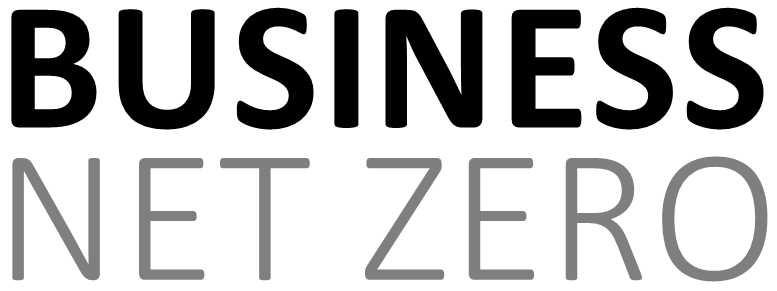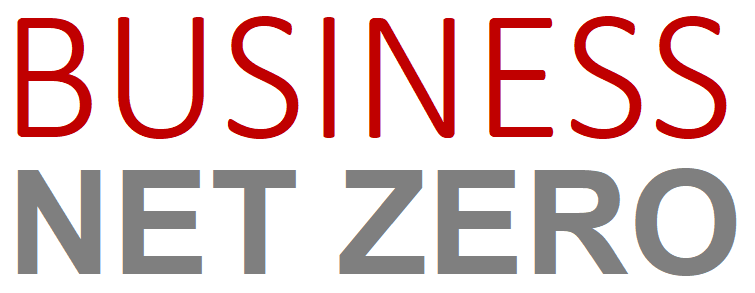About CQS Solutions
CQS Solutions is a quantity surveying consultancy working with the construction industry. It has been running for about 15 years and is based at the Business and Technology Centre on the University of Wolverhampton campus in Priorslee, Telford.
Principal surveyor Tim Lloyd said the company worked on large-scale commercial projects, with developers, contractors, sub-contractors and architects. The firm has completed some local government projects, including for Anglesey Council and Dudley Council.
Tim said: “We provide advice, do tenders and valuations, final accounts - anything on the commercial side of building is what we do.”our head, that’s a good sign
As a result of the training, Tim said CQS is now also lobbying the landlord of its serviced offices to think about further sustainability initiatives.
He said: “We have been and spoken to our landlord about where the energy supply comes from, what they do with the waste, what sort of heating controls they have, basically to put some pressure on them to make some promises as well.
“If that comes off there is a whole campus where we are that would be affected. That’s the idea really – to effect some change which is bigger than just us.”
The course was really interesting. I think we are all fairly conscious of sustainability anyway, but it was interesting to learn more.
“[BNZ] delivered some presentations on greenhouse gas emissions and global warming and what’s causing it, and we talked about the different categories of carbon emissions.
“We then went on to talk about our specific industry, and what threats might come about if we don’t change the trend.
“We identified our own carbon outputs and which are the biggest contributors, and then we talked about how we could reduce those. We all got a personal plan and an organisational plan to reduce those outputs.
"It's having the whole team aware of the impact of their actions, in daily life, in the work that they’re doing, and just being more conscious of the impact of all these actions, like printing things off, going to site or even boiling the kettle – all these little things.”
Conclusion
Since completing the training, several elements of the carbon reduction plan have already been put in place.
Tim added: “The company plan is mostly around travel, mainly commuting and travelling to site. We identified the fact that we have company cars, and some of those are now converting to electric. We have also implemented two days a week working from home, if people want it and it’s practical, to cut our emissions.”
Tim said he would recommend other businesses to do the carbon literacy course with Business Net Zero. He said: “I would definitely recommend it. The direct consequences could be savings on things like energy, commuting and fuel.
"The indirect ones are that you can affect your customer’s behaviour or your supplier’s behaviour, and achieve those wider benefits.”
About Bridge Cheese
Bridge Cheese is a Telford-based company supplying cheese and dairy products to the food manufacturing, wholesale and food service sectors. Established just five years ago, Bridge Cheese is expanding rapidly thanks in part to high demand for pizza cheese during COVID.
To keep pace with a burgeoning order book, the company recently extended its site to double production capacity and added more warehouse space.
With business growth finally steady, the company’s directors were keen to use 2023 as a year to take stock and look objectively at where improvements to the business’ operations could be made. One of the top priorities was the business’ sustainability plan.
Bridge Cheese approached BNZ after seeing consultant Sue Burnell speak at a Growth Hub event about calculating CO2 emissions. Before they started work together, Sue was keen to understand whether it was the right time for the company, as introducing sustainability measures requires business readiness and a capacity to cope with the changes needed.
Sue said: “I went to meet directors Michael and Martin to ensure they knew what would be expected. There is no sustainability road map for small businesses; the journey requires an in-depth understanding of every aspect of business waste and how to tackle it, followed by a commitment to taking modest steps to improve. It’s important that the sustainability agenda moves at a pace that is right for the business, starting slow and building momentum.
To improve the company’s inhouse capabilities and drive sustainability from within the business, Mary Lo – Bridge Cheese’s Business Administrator – was appointed to the role of sustainability champion.
Mary completed a half day BNZ course to uplevel her understanding of sustainability, it’s importance and how it can be implemented in practice. Sue then worked with her and the directors to draw up a three-month action plan to get Mary started on tackling some of the business’ sustainability priorities – the top one being energy use.
Since opening the extended Telford site in 2022, Bridge Cheese’s overheads have been significantly higher, so Mary’s first task is to look at electricity use and to research industry and regional networks where she can find further support and best practice advice.
Mary is being supported throughout the process by BNZ with face-to-face meetings, emails and phone calls. This ensures Mary isn’t overloaded and can ask questions or for help when needed.
Conclusion
Michael Harte, Managing Director at Bridge Cheese says: “We are only just at the beginning of our sustainability journey but having Sue there to guide us has been invaluable. We didn’t know where to start and we didn’t have the capabilities inhouse, so it felt like a huge undertaking.







